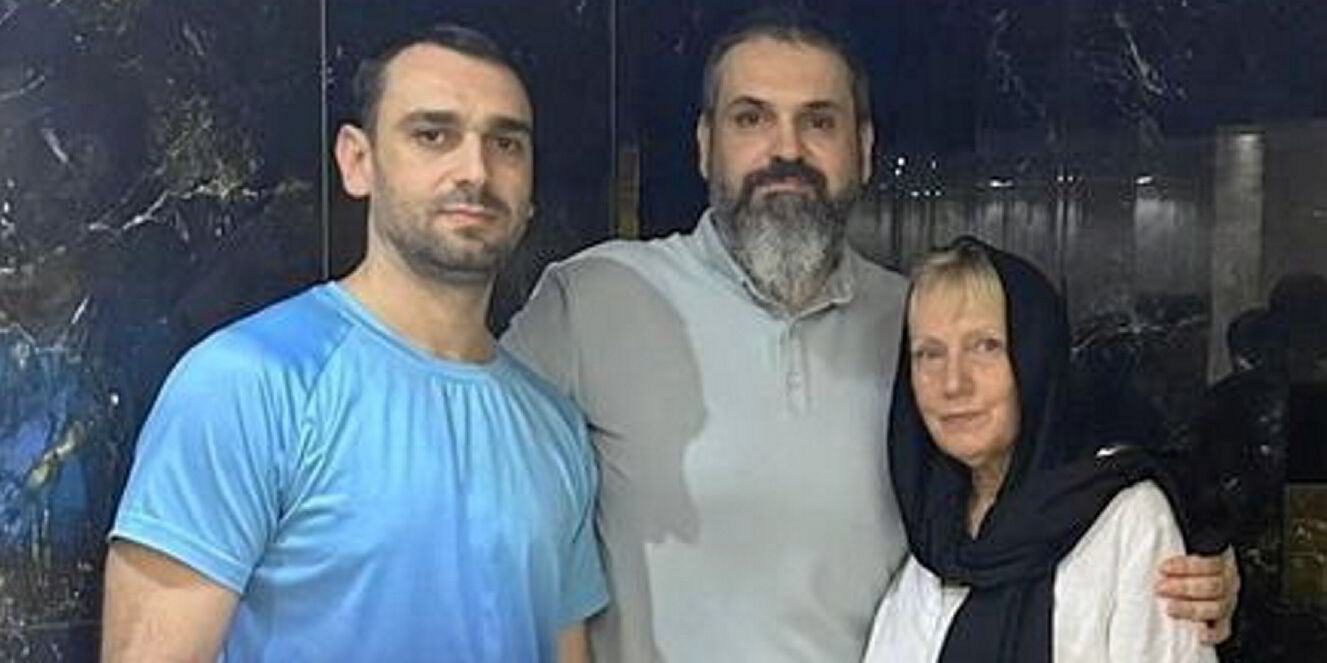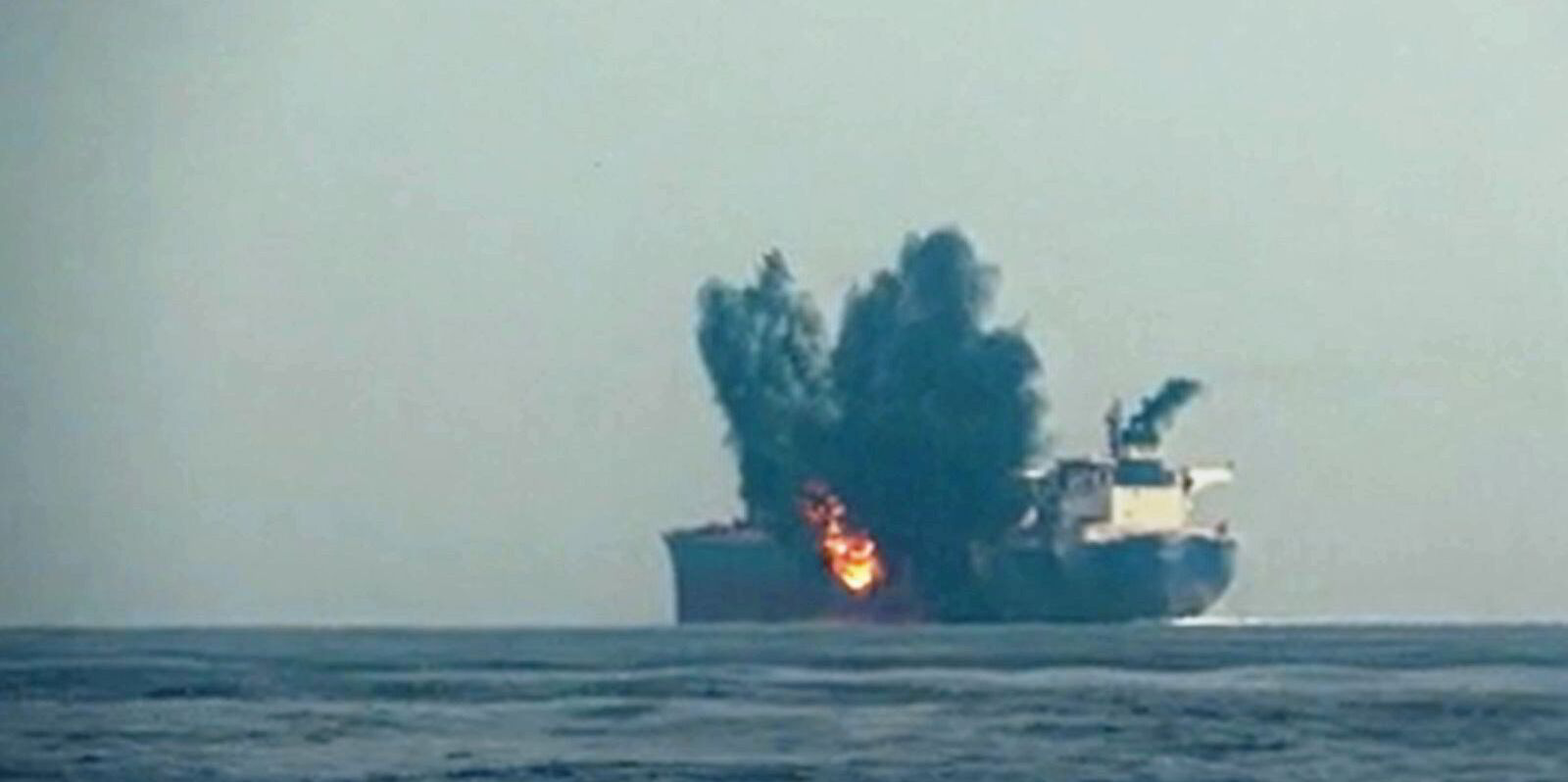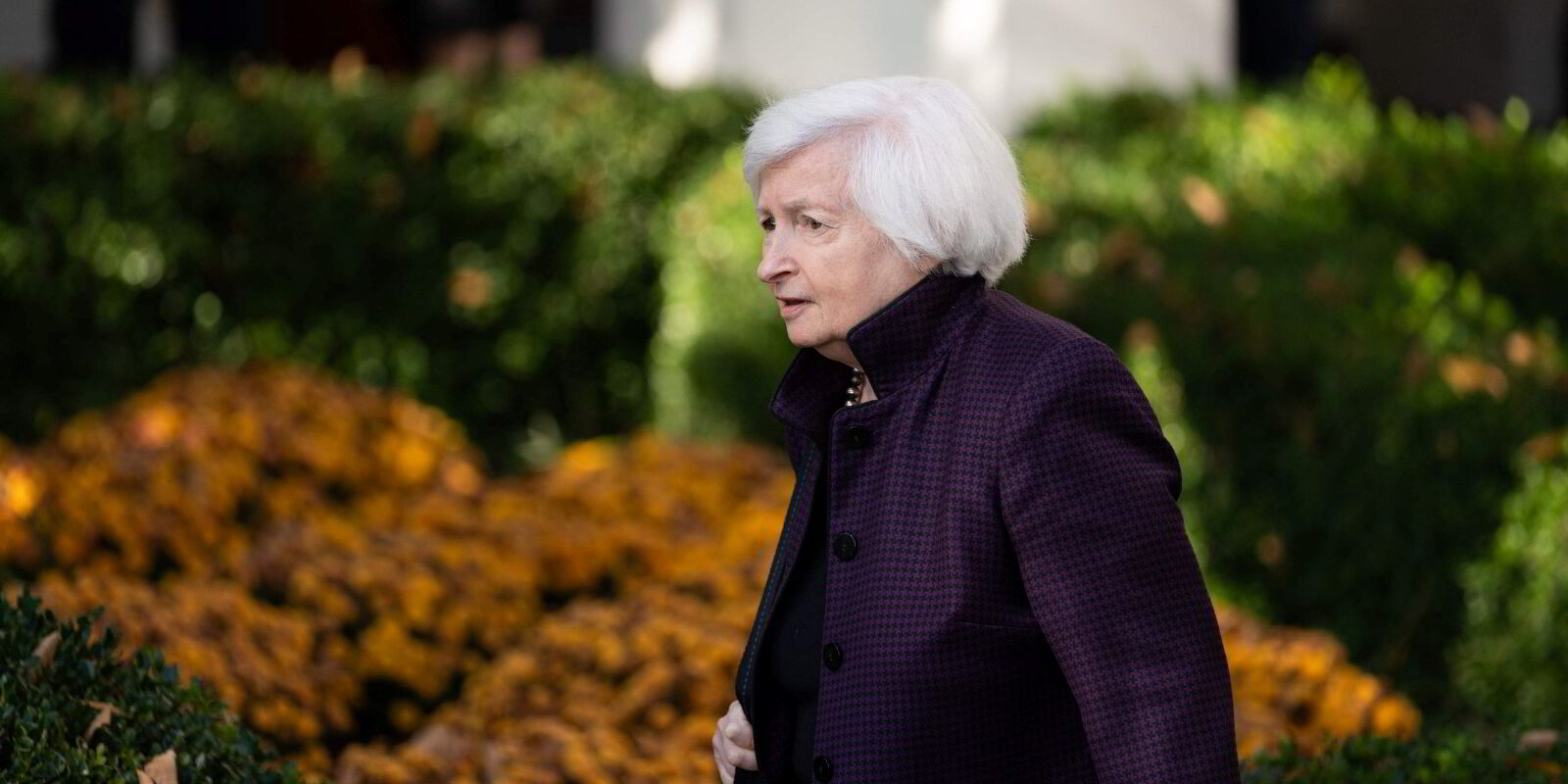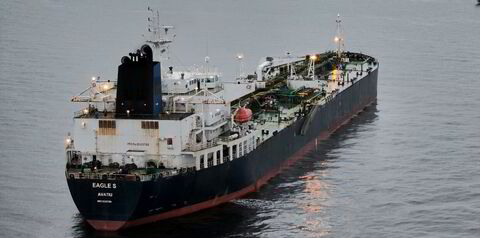The Houthi rebel group has denied claims in a United Nations report that it has collected $180m a month in illegal fees from shipping companies to allow safe passage through the Red Sea.
The claims about secret payments channelled through informal money networks or paid into accounts in numerous jurisdictions are “fabricated, with no basis in reality”, the rebel group told TradeWinds.
Sources told a panel of experts reporting to the UN that the payments were arranged through a company with links to a top-ranking Houthi leader and ensure safe transit for vessels through the Red Sea and Gulf of Aden.
The panel said in the report published this month that it had been unable to independently verify the information.
Several shipping sources have told TradeWinds that payments have taken place.
But experts have cast doubt on the scale of the payments — even doubts over if any money has been changing hands.
Stephen Askins, co-founder of London law firm Tatham & Co, said that $180m was close to what the shipping industry paid in a year during the height of the Somali piracy crisis. That was done legally with the backing of insurers, he said.
The Houthi denial of secret payments was issued by its Humanitarian Operations Coordination Centre (HOCC), the group that sends emails to shipping companies threatening attacks and urging the companies to respond by email for unspecified reasons.
Some ships have been attacked within days of contact by HOCC.
The Houthis said that “vessel safe transit is an optional service provided by HOCC” to vessels and companies that are not banned by the rebel group.
The service was for vessels and companies “that want to confirm the safe transit of their vessels from the Red Sea, Bab el-Mandeb, the Gulf of Aden and the Arabian Sea”, HOCC said in an email.
Optional service
Asked if that service required payment, the group said: “A vessel safe transit is an optional service and does not require any payment whatsoever.”
The Houthi group, which controls part of Yemen including the capital Sanaa and the key port city of Hodeidah, has launched more than 250 attacks on commercial ships in the region, according to British defence sources.
The group says it is targeting Israeli ships and fleets with vessels that have called at Israeli ports.
It has also identified UK and US ships as targets after the two countries launched air attacks on Houthi targets inside Yemen during the year-long crisis.
The group said it was targeting Israeli vessels “based on the religious, humanitarian and moral responsibility towards the oppressed Palestinian people” from attacks on Gaza.
John Stawpert, of the International Chamber of Shipping, said he was surprised that the safe transit bribery allegations were included in the report.
“Those figures are huge,” he said. “It’s unsubstantiated and surprising it was included given the haziness of the sourcing and the amount that was being stated.”
Stawpert said companies operating in the region had been advised not to respond to the Houthi messages.
Industry figures told the International Union of Marine Insurance conference in Berlin in September that it was the job of governments to contact the Houthis, not shipping companies.
“I would not trust any message from the Houthis,” German Shipowners’ Association chief executive Dr Martin Kroger told the conference.
Read more
- Houthi missiles target bulk carrier twice as Red Sea crisis nears first anniversary
- US sanctions Syrian conglomerate’s tanker fleet for bankrolling Iran’s Quds Force and the Houthis
- ‘Multiple explosions’ pepper waters near ship in new Red Sea attack
- Expert casts doubt on size of Houthi bribe claims cited in UN report
- Fire-ravaged Greek tanker begins oil transfer two months after Houthi attack







